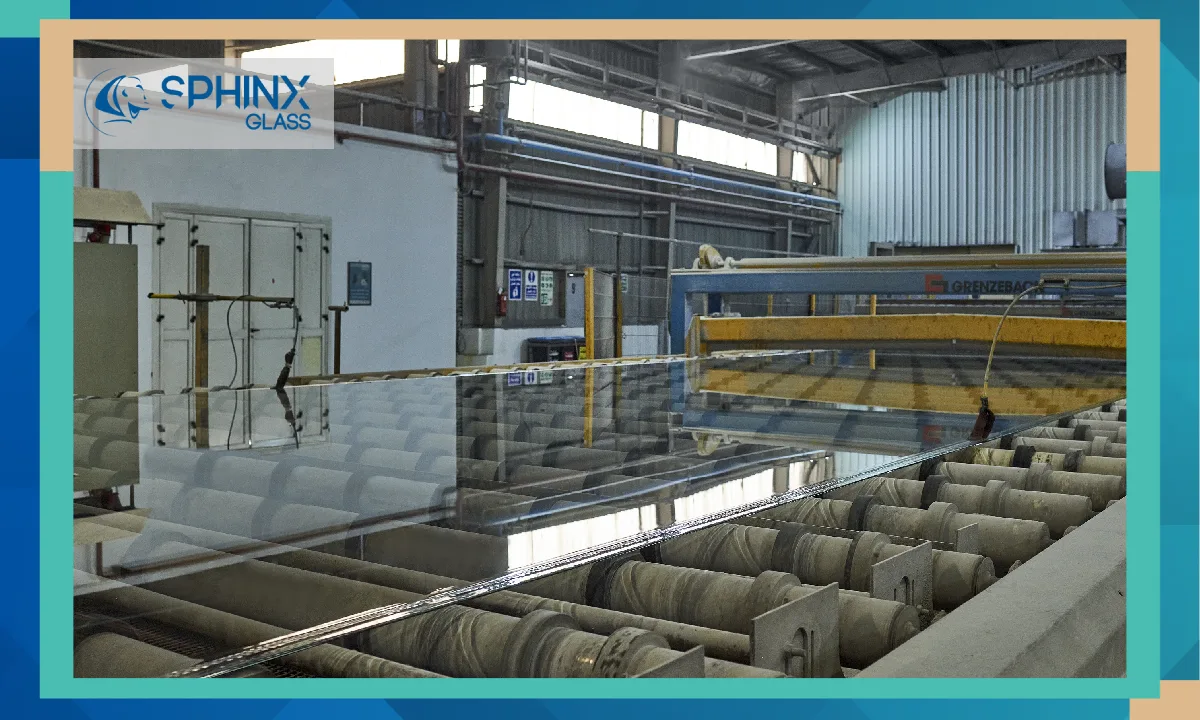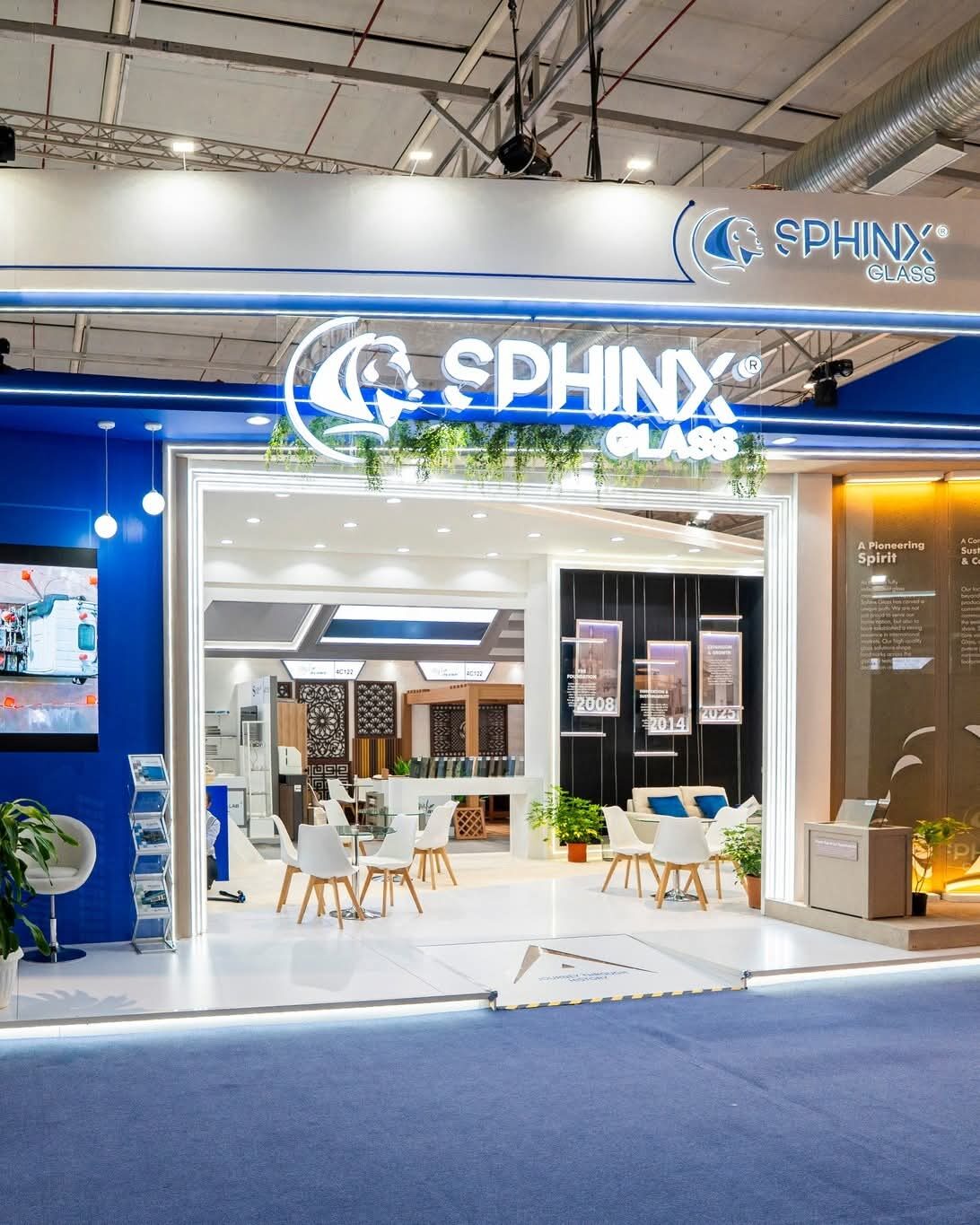Glass Production in Egypt
Glass production in Egypt has seen remarkable growth in recent years, positioning the country as a significant player in the global glass industry. This evolution is underpinned by Egypt’s rich natural resources, strategic geographic location, and increasing industrial capabilities. As the nation continues to enhance its glass manufacturing sector, it stands on the brink of becoming a global hub for glass production.
High-Quality Raw Materials
One of the primary drivers of the glass production in Egypt is the availability of high-quality sand. Bernd-Holger Zippe, chairperson of Zippe industrial plants, highlighted that Egyptian sand is exported to various countries, including Algeria and Italy, for use in glass manufacturing. This high-quality raw material is a critical component in producing superior float glass, clear glass, tinted glass, and reflective glass.
Strategic Collaborations and Technological Advancements
The collaboration between Egyptian glass companies and international machinery manufacturers has significantly boosted the sector. German machinery, known for its reliability and precision, has been a key asset. The German Arab Chamber of Industry and Commerce promotes such collaborations, as evidenced by conferences aimed at fostering partnerships and participation in international exhibitions like Glasstec in Germany. These collaborations facilitate the transfer of technology and expertise, essential for modernizing the glass production in Egypt.
Energy Supply and Industrial Growth
Another crucial factor contributing to the growth of glass production in Egypt is the availability of sufficient energy supply. Mohamed Khattab, CEO of Sphinx Glass and a board member of the Federation of Egyptian Industries (FEI), noted that the sector has seen substantial improvements since 2010. This period marked Egypt’s transition from a net importer to a net exporter of glass, with production doubling in the last five years. The country’s energy supply ensures a stable and efficient manufacturing process, which is vital for producing high-quality architectural glass, building materials, and automotive glass.
Economic and Geographic Advantages
Egypt’s strategic geographic location offers significant advantages for its glass industry. The proximity to major markets in Europe, Asia, and Africa, combined with favorable trade agreements, enhances the country’s export potential. Khattab emphasized the importance of adding value to raw materials like sand before export, maximizing economic benefits. The growing global demand for architectural glass and construction glass, driven by changing consumption habits and population growth, presents additional opportunities for glass production in Egypt.
Leading Companies and Best Practices
Sphinx Glass, a prominent name in the Egyptian glass industry, exemplifies the sector’s potential. While not directly mentioned, companies like Sphinx Glass benefit from the country’s natural resources, strategic location, and technological advancements. Their focus on producing high-quality float glass and other specialized glass products aligns with the industry’s broader trends and demands.
Sustainability and Environmental Standards
Sustainability is a growing concern in the glass industry worldwide, and Egypt is no exception. Companies like Crystal Asfour are setting benchmarks by complying with international environmental standards. This commitment not only preserves the company’s reputation but also ensures long-term viability in a market increasingly concerned with sustainability.
Future Outlook and Potential
The future of glass production in Egypt looks promising. The sector’s growth trajectory suggests that Egypt could soon become a global glass hub. Participation in international exhibitions, such as Glasstec, is crucial for promoting Egyptian glass products and fostering global connections. These events serve as gateways to international markets, providing exposure and opportunities for collaboration.
Moreover, the industry’s expansion aligns with broader economic goals. The Egyptian government’s focus on industrial growth, combined with private sector initiatives, supports the sector’s development. Investments in technology, training, and infrastructure will further enhance Egypt’s position in the global glass market.
Conclusion
In conclusion, glass production in Egypt is on a significant upward trajectory. The combination of high-quality raw materials like sand, strategic collaborations, sufficient energy supply, and economic and geographic advantages positions the country as a burgeoning hub for glass manufacturing. Companies like Sphinx Glass exemplify the industry’s potential, setting standards for quality and sustainability. As Egypt continues to invest in and develop its glass sector, the future looks bright for this ancient craft in the modern world.
By leveraging its natural resources and strategic advantages, Egypt is poised to become a key player in the global glass industry, contributing to advancements in architectural glass, construction materials, and more. The journey of glass production in Egypt is a testament to the country’s resilience and innovation, promising a dynamic and prosperous future.










